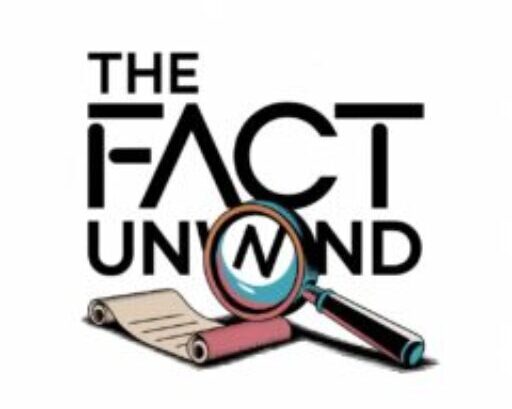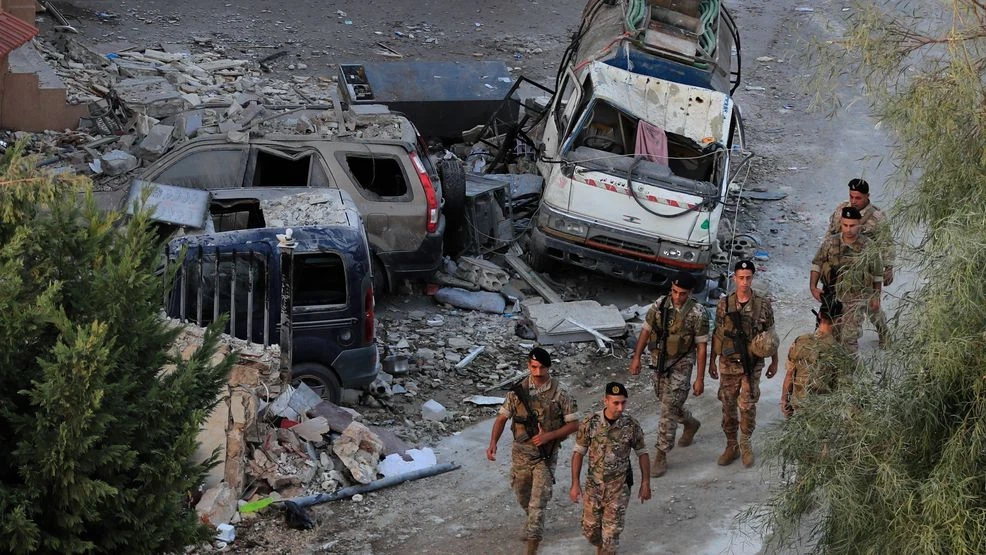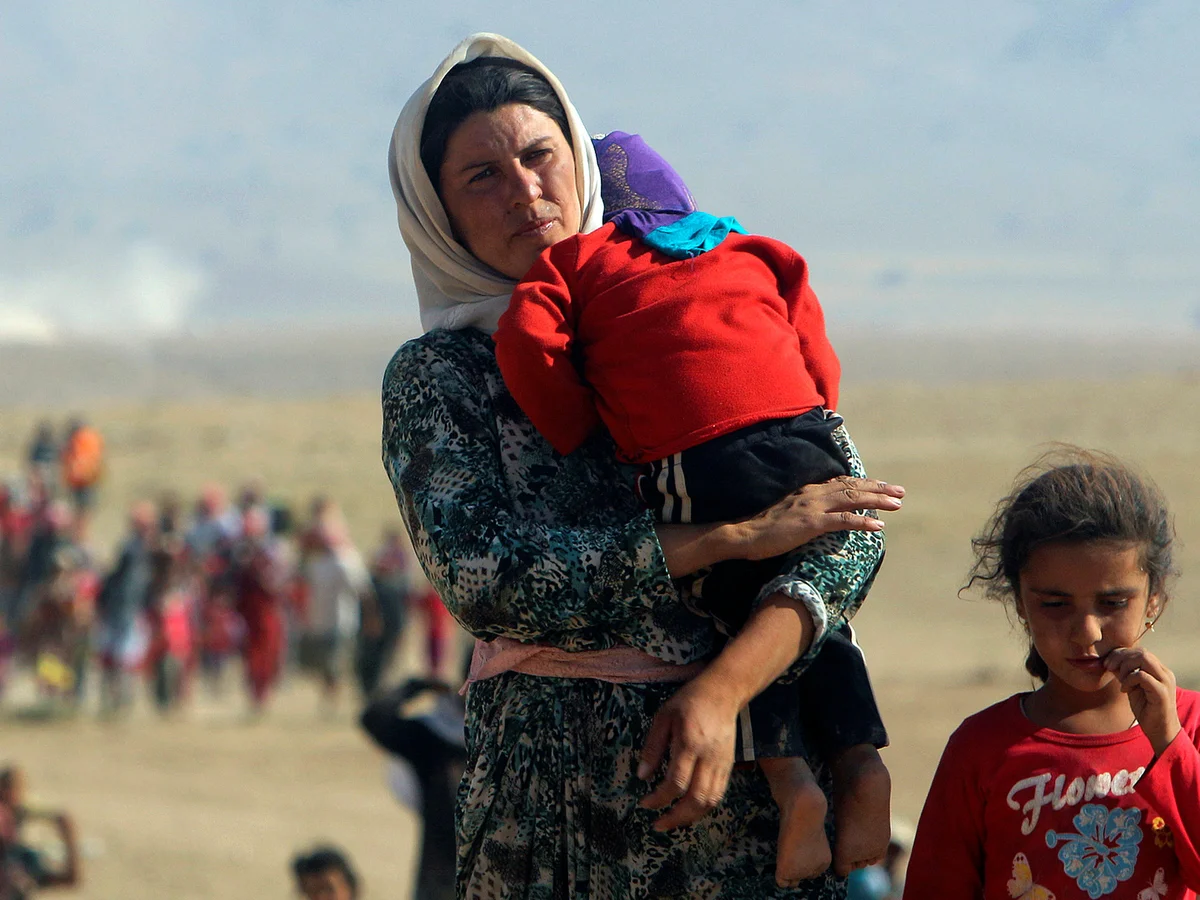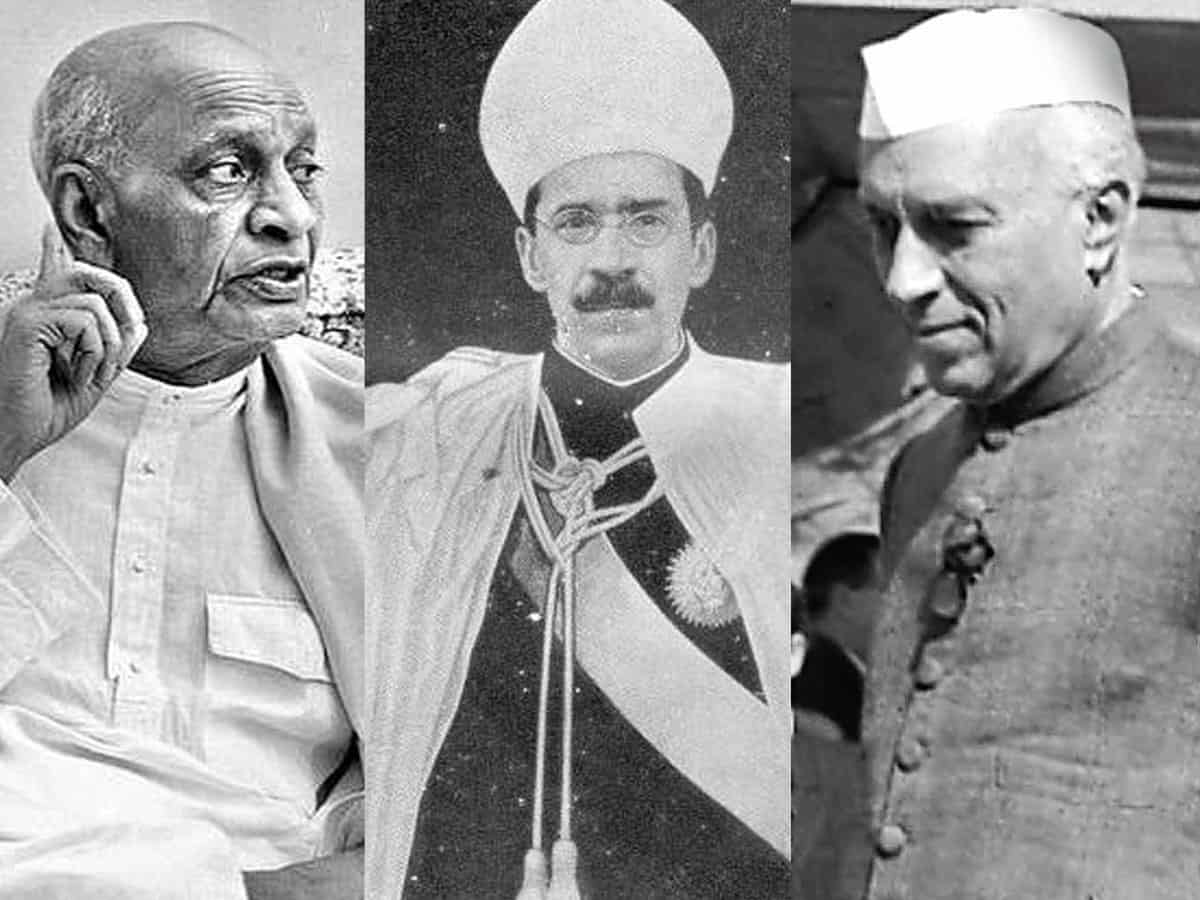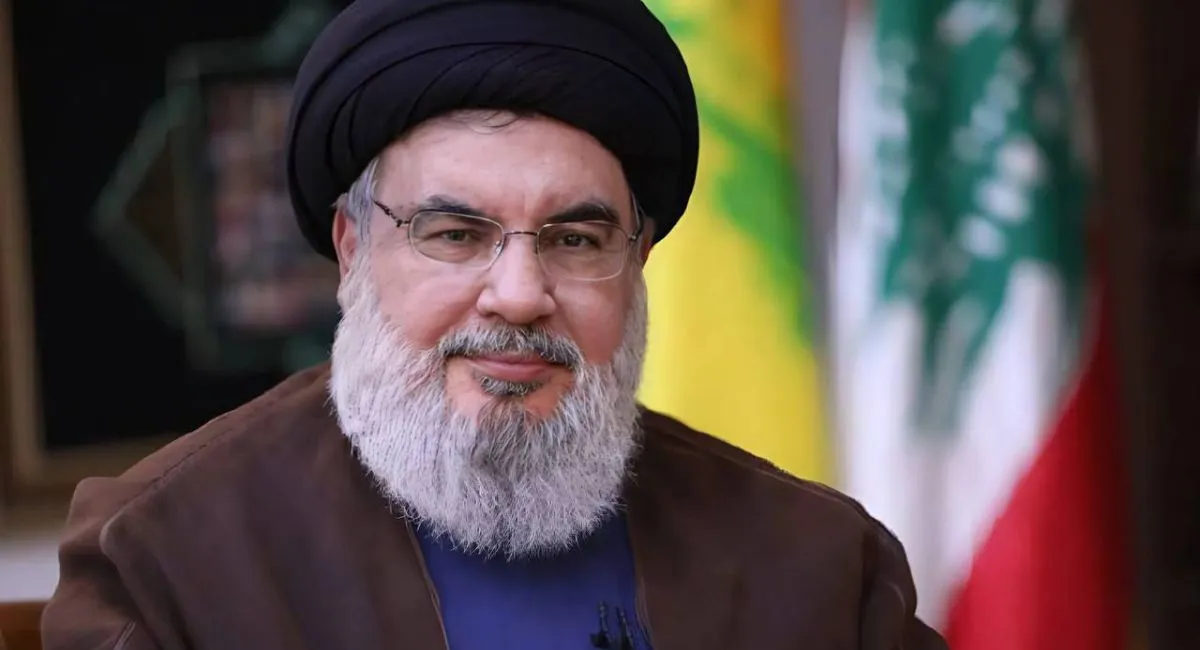
Introduction: Hezbollah Faces a Critical Challenge
Following the assassination of Sayyed Hassan Nasrallah, Hezbollah confronts a severe crisis. Israel’s long-time adversary has managed to penetrate Hezbollah’s ranks, decimate its communication networks, and destroy critical weapons facilities. Nasrallah’s assassination, after years of secrecy, has left Hezbollah scrambling to address the deep infiltration within its organization.
Israel’s Intelligence Mastery and Strategic Strikes
A Decade-Long Focus on Hezbollah
Israel’s focus on Hezbollah’s operations has spanned over two decades. The assassination of Nasrallah was the culmination of detailed intelligence and surveillance. Israeli sources described the intelligence behind the operation as “brilliant,” reflecting the precision and effectiveness of their long-term efforts. Prime Minister Benjamin Netanyahu and his ministers authorized the attack while Netanyahu was attending the U.N. General Assembly in New York.
Hezbollah’s Compromised Security
Nasrallah had taken strict precautions since the 2006 Israel-Hezbollah war, maintaining a low profile and restricting his movements to a trusted few. Despite this, the assassination revealed the infiltration of Israeli informants within Hezbollah, highlighting a significant breach in its security apparatus.
Nasrallah’s Final Days: Increased Caution but Insufficient Protection
Growing Paranoia and Precaution
In the weeks leading up to his assassination, Nasrallah became increasingly cautious following a series of Israeli attacks. The September 17 blasts, triggered by booby-trapped pagers, heightened his fears, prompting him to avoid public appearances, including skipping a commanders’ funeral. He even pre-recorded a speech to minimize exposure. However, despite these precautions, Israel managed to eliminate him, delivering a critical psychological blow to Hezbollah.
U.S. and Israeli Justifications for the Attack
The Impact on Hezbollah’s Leadership and Military Structure
The ruthless nature of Israel’s strike has further weakened Hezbollah. U.S. President Joe Biden labeled Nasrallah’s assassination as “a measure of justice” for his victims and reiterated U.S. support for Israel’s right to defend itself against Iranian-backed groups. Israel confirmed that the strike targeted Nasrallah’s underground command center in southern Beirut.
A Significant Intelligence Failure for Hezbollah
Magnus Ranstorp, a Hezbollah expert from the Swedish Defence University, described the assassination as a massive intelligence failure for Hezbollah. Israel’s ability to carry out the operation suggests the group had been deeply compromised. Nasrallah’s meeting with other commanders should have been confidential, but Israel had enough intelligence to strike at the right moment.
Decimation of Hezbollah’s Leadership
Nasrallah was not the only high-profile loss for Hezbollah. Israel’s military has killed eight of the nine senior military commanders within Hezbollah this year, including leaders of key units like the rocket division and the elite Radwan force. In addition to leadership losses, Israel’s attacks on Hezbollah’s communication systems left approximately 1,500 fighters maimed or killed in the span of a few days.
Israel’s Sophisticated Intelligence and Military Operation
Planning and Execution of Nasrallah’s Assassination
The operation that killed Nasrallah was meticulously planned. Brigadier General Amichai Levin of Israel’s Hatzerim Airbase explained that dozens of munitions were deployed within seconds, showcasing the complexity and precision of the strike. Israel’s extensive intelligence efforts over the years finally culminated in this successful operation.
Hezbollah’s Response and Leadership Succession
Despite the setbacks, Hezbollah is resilient. The group is accustomed to replacing fallen commanders quickly. Nasrallah’s cousin, Hashem Safieddine, has long been viewed as his successor. This ability to replace leaders is crucial for Hezbollah’s survival. However, the psychological and operational impact of losing Nasrallah is undeniable.
Hezbollah’s Military and Psychological Weakening
Loss of Weapons Arsenal and Supply Lines
Before the recent Israeli offensive, Hezbollah was considered one of the world’s most formidable paramilitary forces, with an arsenal of 150,000 rockets and drones. However, Israel’s strikes have severely diminished its weapon stockpiles, particularly in the Bekaa Valley. Reports suggest Hezbollah has lost 20-25% of its missile capacity in the ongoing conflict.
Iron Dome and Israel’s Preventative Measures
Israel has successfully intercepted many of Hezbollah’s rockets using the Iron Dome defense system. This has significantly limited Hezbollah’s ability to inflict damage on Israel. Additionally, Israel’s extensive offensive operations have targeted over 1,000 Hezbollah sites in the past week alone, further depleting the group’s military capabilities.
Iran’s Role in Hezbollah’s Arsenal and the Complications Ahead
Iran’s Continued Support for Hezbollah
Iran, Hezbollah’s primary benefactor, has been instrumental in supplying weapons and financial aid. Before Nasrallah’s assassination, Tehran had been preparing to send more missiles to Hezbollah in anticipation of a prolonged conflict. These included short-to-medium-range ballistic missiles like the Zelzal and Fateh 110. However, Nasrallah’s death has disrupted the logistics of this support.
Iran’s Reluctance for Direct Involvement
Despite its backing, Iran has been reluctant to become directly involved in the Hezbollah-Israel conflict. Iranian officials have preferred to support Hezbollah from the shadows, offering military supplies and strategic guidance rather than engaging in direct confrontation. Nevertheless, Hezbollah remains a key member of Iran’s “Axis of Resistance” against Israel.
Israel’s Targeting of Iranian Personnel and Supply Lines
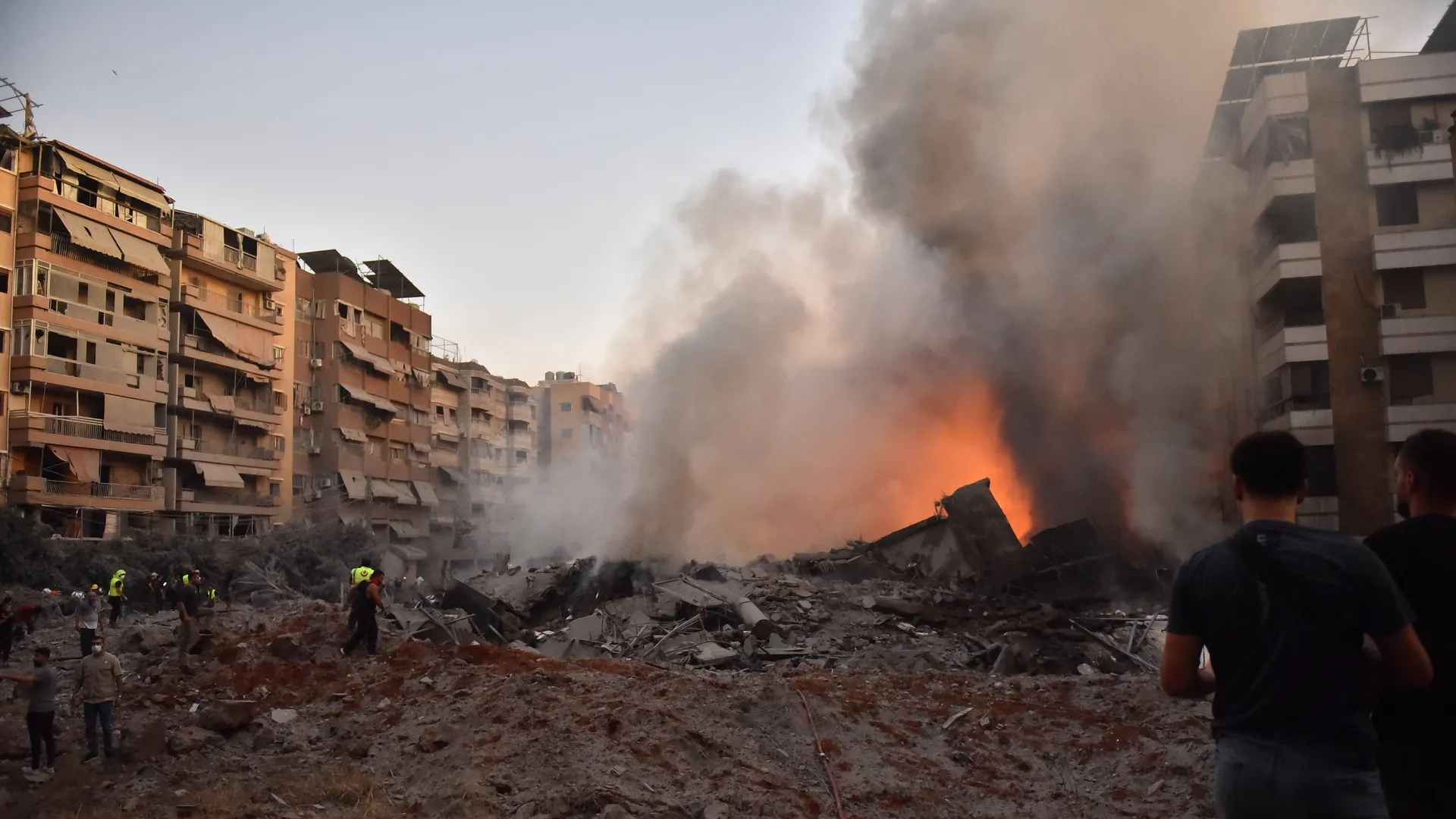
Strikes on Iranian Personnel and Supply Routes
Israel has also targeted Iranian personnel during this escalation. Iranian media reported that Abbas Nilforoushan, a deputy commander of the Iranian Revolutionary Guards, was killed in the same strikes that eliminated Nasrallah. This indicates Israel’s broader strategy of weakening Hezbollah by attacking its Iranian backers.
Disruption of Hezbollah’s Supply Chains
Hezbollah’s ability to replenish its weapons stockpiles has been severely compromised. Israeli strikes on supply routes in Syria and Lebanon have made it increasingly difficult for Iran to transfer arms to Hezbollah. This disruption of land and sea routes poses a significant challenge to Hezbollah’s future military capabilities.
Conclusion: A Significant Blow to Hezbollah
The Aftermath of Nasrallah’s Assassination
The assassination of Sayyed Hassan Nasrallah has dealt a severe blow to Hezbollah, both operationally and symbolically. While Hezbollah may continue to fight with Iranian backing, the loss of its leader, along with key commanders and weapons stockpiles, has weakened the group. Israel’s intelligence and military capabilities have proven to be far more advanced than Hezbollah anticipated, leaving the organization struggling to regroup.
Long-term Implications for Hezbollah
Moving forward, Hezbollah will need to address the internal infiltration that enabled this devastating series of strikes. While it may replace fallen leaders and continue its fight, the group is now considerably diminished in both its military capabilities and its psychological strength. The assassination of Nasrallah marks a pivotal moment in the long-standing conflict between Hezbollah and Israel.
